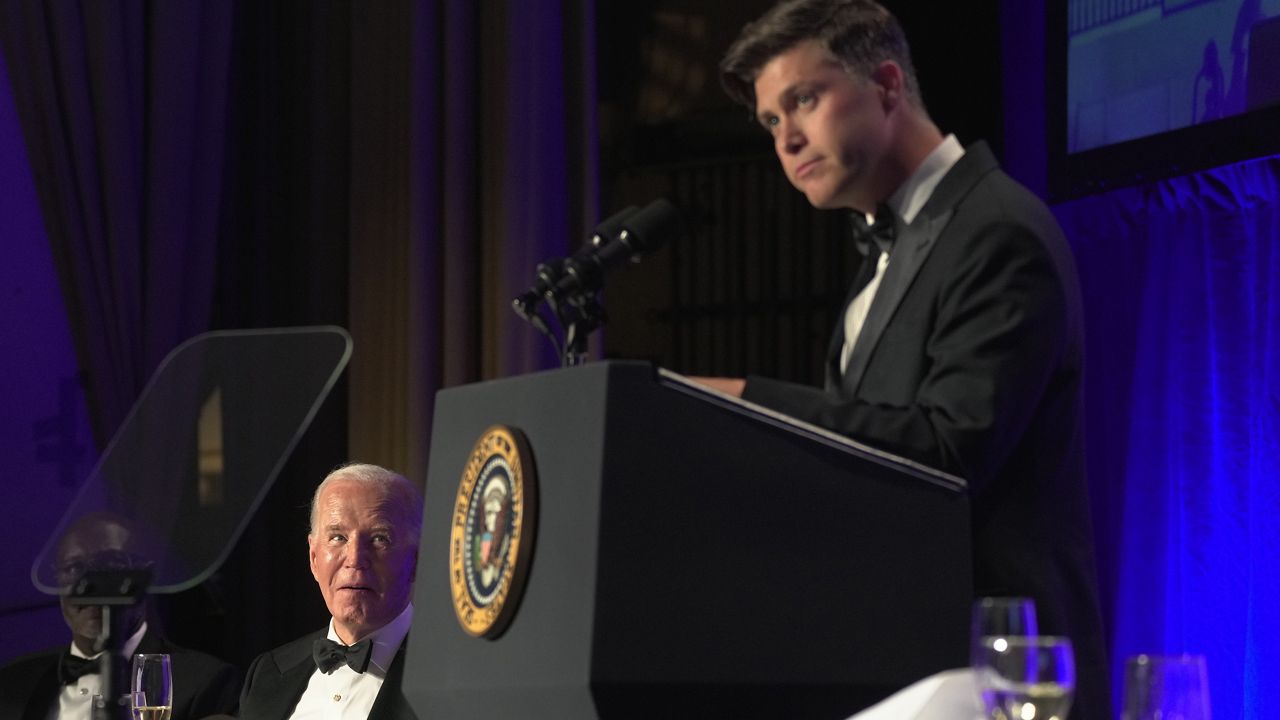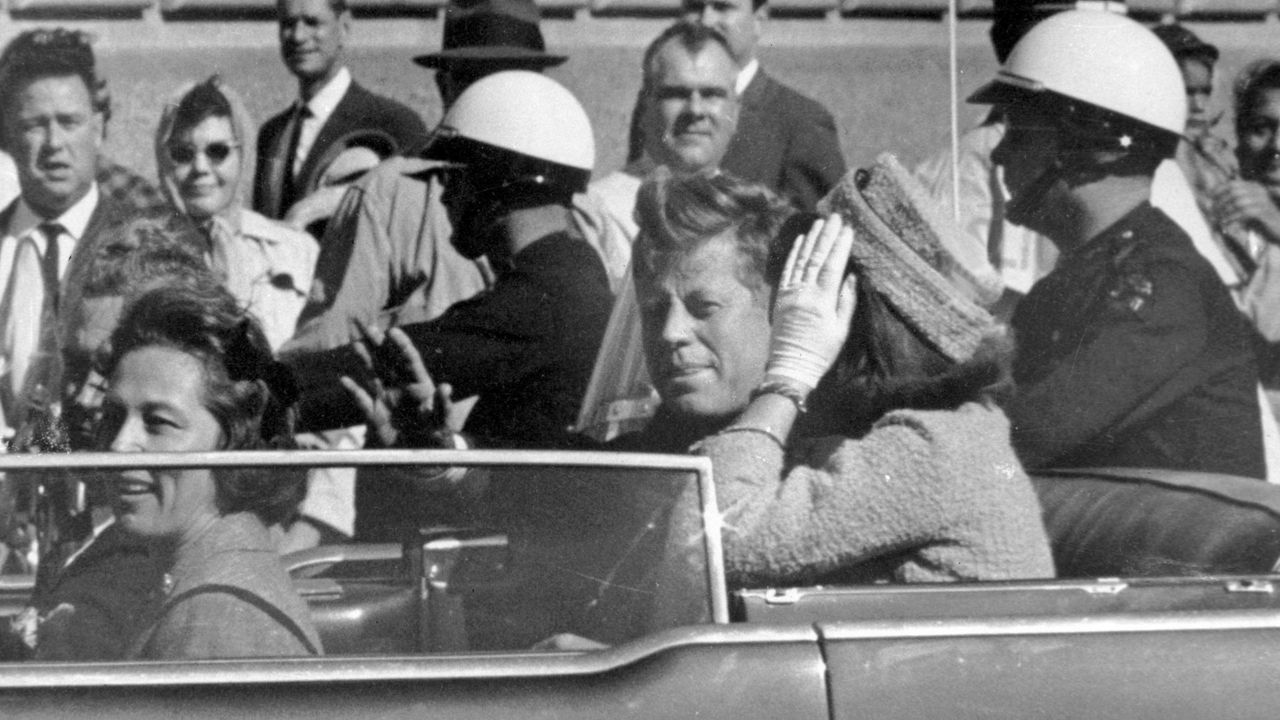LOS ANGELES — Running 26.2 miles is an accomplishment for anyone, but for Dae Seo, crossing the finish line at the LA Marathon symbolized something even greater.
What You Need To Know
- Dae Seo, a transgender woman, completed the LA Marathon after finalizing her legal name and gender change
- Debate over transgender athletes in women’s sports intensifies, with Title IX and state laws at odds
- Some advocate for a third competition category, while others stress the mental health benefits of inclusion
- New policies, including DNA testing requirements, add to the ongoing legal and ethical discussions
“I just got my name and gender change formally processed with the court,” Seo said. “After finishing the marathon and being able to run comfortably as the gender I identify with, it was a really big deal for me.”
Seo, a 24-year-old transgender woman from South Pasadena, grew up running track in high school. She said sports provided a sense of belonging, especially as a queer child.
“All kids deserve to run around and play their sports and not feel like they have a magnifying glass on them,” she said.
The debate over transgender athletes remains at the forefront of national policy. Title IX, the federal law ensuring equal opportunities for women in sports, is central to the controversy.
While California allows athletes to compete based on gender identity, a federal executive order under President Donald Trump banned transgender athletes from women’s sports at federally funded schools.
This legal divide has fueled tensions across the country.
Karen Frost, a mother of four and a member of the conservative group Moms for Liberty, believes a separate competition category for transgender athletes could be a viable solution.
“Nobody is saying that biological boy that identifies as a female can’t compete,” Frost said. “Open a new category, an open classification for all athletes that allows anyone to compete in any category.”
Frost said she supports transgender adults living as they choose but argues that protections for women’s sports must remain in place.
The debate is complicated by scientific studies on the effects of hormone therapy. Some research suggests that over time, hormone treatment reduces athletic advantages for transgender women, though differences in strength, height and endurance may persist.
World Athletics, the governing body for track and field, recently introduced new rules requiring female athletes to undergo DNA sex testing, citing the need to protect the integrity of women’s competition.
However, Dr. Laura Taylor, medical director of Keck Medicine of USC’s gender-affirming care program, said the issue isn’t so cut and dry.
“We don’t discriminate against cis people based on things that are unchangeable and genetics, like height,” Taylor said. “And other medical reasons why people may have changes in testosterone and estrogen. I think having such a black and white discussion doesn’t allow us to have a more nuanced, more helpful discussion that also is not discriminatory toward gender minority people.”
As the debate rages on, Seo offers this piece of advice.
“Keep the humanity of it all at the center of the conversation,” she said. “Even if you’re coming from a different viewpoint, that’s something you keep at the core — especially for the kids who are at the center of all of this.”
With legal and policy battles ahead, one thing remains clear: the conversation is far from over.












